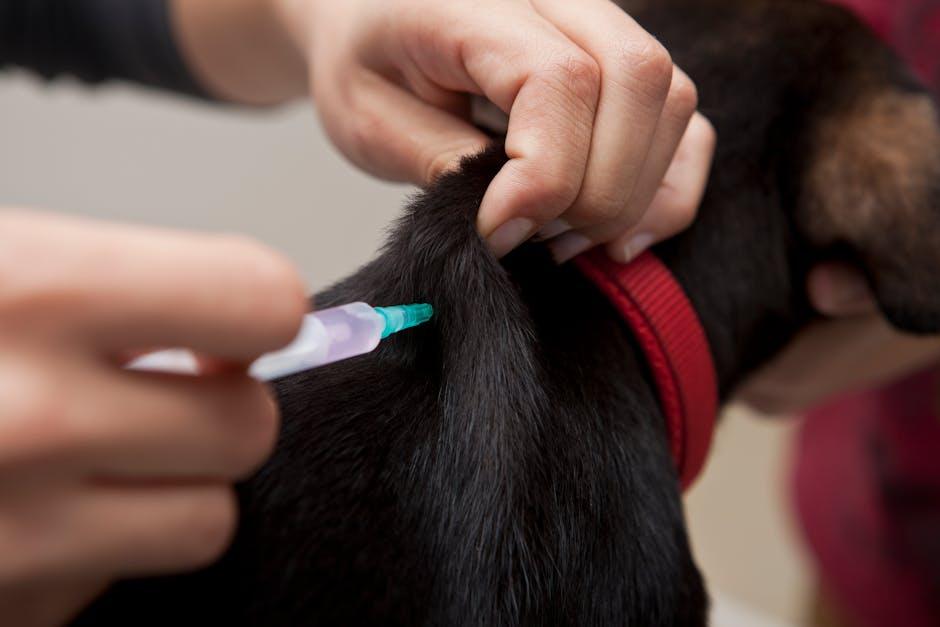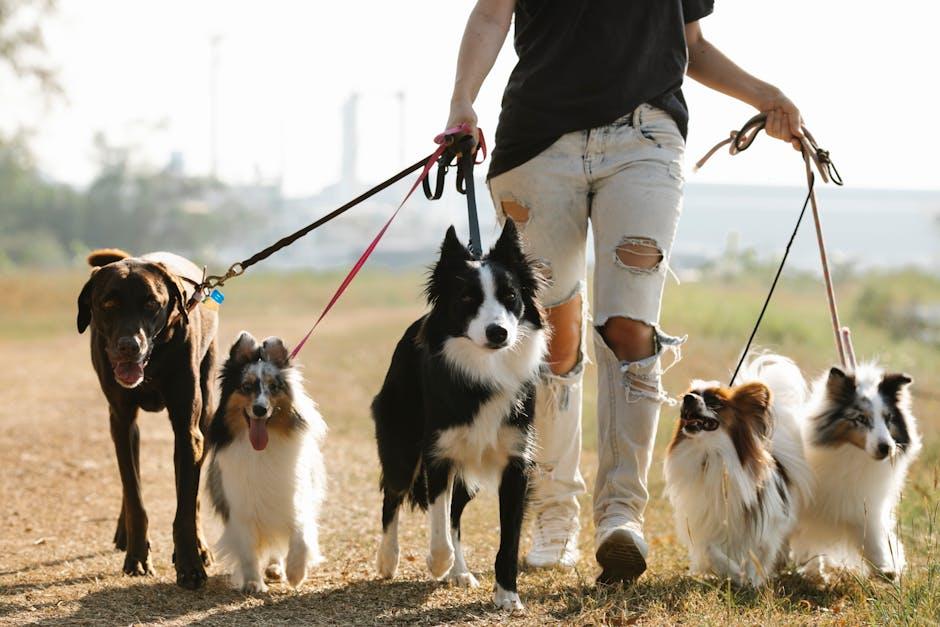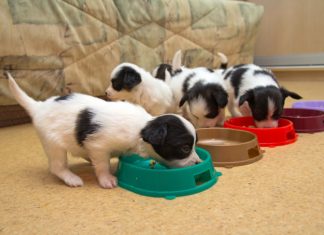Welcoming a new puppy into your home is an exciting and joyful experience, filled with wagging tails, playful antics, and boundless affection. As a responsible pet owner, it’s essential to ensure that your furry friend gets the best start in life. Just like human babies, puppies require special care and attention to thrive and grow into healthy, happy adults. In this article, we’ll guide you through some essential preventative care tips that will help you nurture your puppy’s well-being from the very beginning. Whether you’re a first-time pet parent or a seasoned dog lover, these practical and loving insights will equip you with the knowledge to protect your puppy’s health and foster a strong bond that will last a lifetime. Let’s embark on this heartwarming journey to ensure your puppy’s life is filled with joy, health, and happiness.
Building a Healthy Foundation Vaccinations and Nutrition for Your Puppy
Ensuring your puppy gets off to a strong start involves a thoughtful approach to both vaccinations and nutrition. Vaccinations are a critical part of your puppy’s early life, protecting them from harmful diseases and helping build a robust immune system. It’s important to follow a vet-recommended vaccination schedule, typically starting when your puppy is around six to eight weeks old. Common vaccines include:
- Distemper: Protects against a highly contagious viral disease.
- Parvovirus: Shields your puppy from a potentially fatal virus.
- Rabies: Required by law in many areas, this vaccine protects against a deadly virus.
In addition to vaccinations, nourishing your puppy with a balanced diet is crucial for their growth and development. High-quality puppy food should be rich in protein, vitamins, and minerals to support their energy levels and strengthen their bones and teeth. Consider incorporating a variety of proteins and nutrients, and consult with your vet to tailor the diet to your puppy’s specific needs. Remember, a well-fed puppy is a happy and healthy one!

Creating a Safe Environment Puppy-Proofing Your Home and Outdoor Spaces
Welcoming a new puppy into your home is an exciting adventure, but it’s essential to ensure their environment is safe and secure. Puppy-proofing both indoor and outdoor spaces can prevent accidents and protect your furry friend from potential hazards. Start by getting down to their level and identifying any dangers they might encounter. Indoors, make sure to secure loose wires, keep small objects and toxic substances out of reach, and use baby gates to block off areas where they shouldn’t roam freely. It’s also wise to cover electrical outlets and secure cabinets that store cleaning supplies.
When it comes to the outdoors, there are additional considerations to keep in mind. Ensure your yard is securely fenced to prevent any escape attempts. Check for harmful plants that could be toxic if ingested, and remove any sharp tools or debris. A few more tips include:
- Regularly inspect your fence for gaps or holes.
- Keep garden tools stored safely away.
- Ensure pools or ponds are safely fenced off or covered.
- Secure trash bins to prevent curious pups from rummaging through them.
By taking these precautions, you’ll create a nurturing environment that allows your puppy to explore and grow safely.
Establishing Good Habits Training and Socialization Techniques for a Happy Pup
Building a strong foundation for your puppy begins with consistent training and socialization. Start by introducing your pup to a variety of environments, people, and other animals. This helps them become well-adjusted and confident. Focus on positive reinforcement techniques, rewarding good behavior with treats, affection, or playtime. Consistency is key, so establish a routine that includes regular training sessions.
- Use short and clear commands: This ensures your puppy understands what is expected of them.
- Socialize with other dogs: Arrange playdates or attend puppy classes to help your pup learn appropriate social behaviors.
- Expose to new experiences: Gradually introduce your puppy to different sounds, textures, and sights to reduce anxiety and fearfulness.
Creating a structured environment where your puppy knows what to expect will make training more effective. Remember, patience and persistence will go a long way in nurturing a happy, well-behaved companion.
















